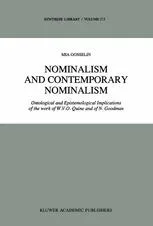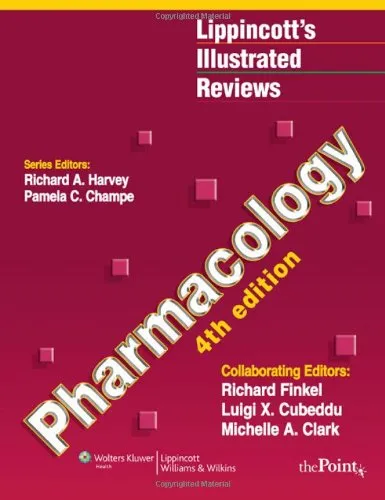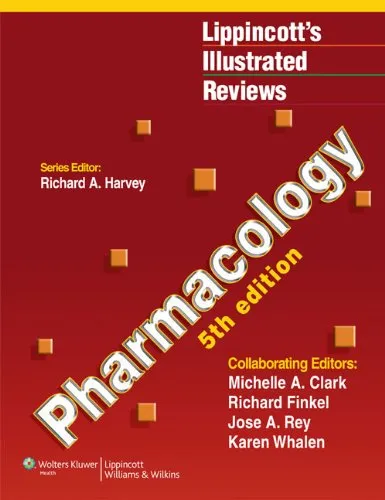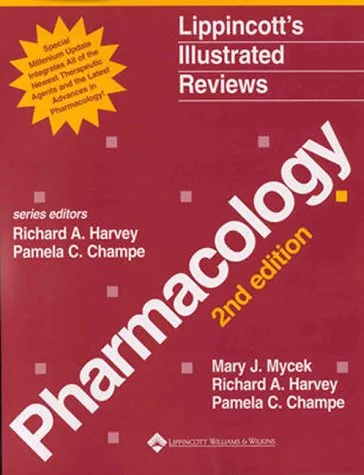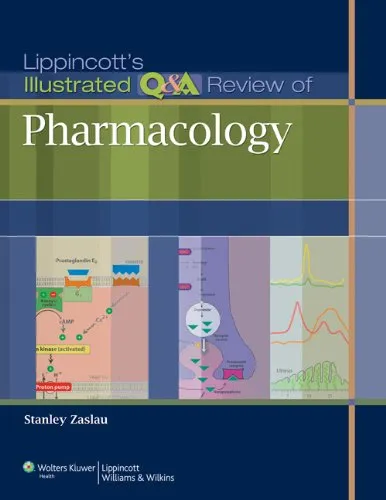Nominalism and Contemporary Nominalism: Ontological and Epistemological Implications of the work of W.V.O. Quine and of N. Goodman
4.0
Reviews from our users

You Can Ask your questions from this book's AI after Login
Each download or ask from book AI costs 2 points. To earn more free points, please visit the Points Guide Page and complete some valuable actions.Related Refrences:
Welcome to an enlightening exploration into the realms of nominalism and contemporary philosophical thought through the lens of two towering figures in 20th-century philosophy, W.V.O. Quine and Nelson Goodman. This book, "Nominalism and Contemporary Nominalism: Ontological and Epistemological Implications of the work of W.V.O. Quine and of N. Goodman," offers an intricate look at how these thinkers reshaped our understanding of ontology and epistemology, bringing fresh insights into the philosophical discourse.
Detailed Summary of the Book
In "Nominalism and Contemporary Nominalism," the central theme revolves around the interpretation and implications of nominalism as articulated by W.V.O. Quine and Nelson Goodman. Nominalism, at its core, challenges the existence of universals and abstract objects, which has profound consequences for both ontology—the study of being—and epistemology—the study of knowledge.
The book navigates through Quine's rejection of the analytic-synthetic distinction and his radical push towards a systematic naturalization of epistemology. It discusses Quine's monumental work, "Word and Object," where he dismantles the traditional notions of meaning and theory formation. The text further delves into Nelson Goodman's theory of 'ways of worldmaking,' emphasizing the constructionist view that our understanding of the world is shaped by the symbolic and cognitive tools we use.
Through a comparative lens, the book scrutinizes how Quine's ontological relativity stands alongside Goodman's projectibility and pluralism, bringing to light the dynamic interplay between their ideas. This comparison is pivotal, as it highlights the practical implications of nominalist principles in the contemporary context of philosophy, science, and logic.
Key Takeaways
- Nominalism challenges the traditional views of universals and abstract entities, bringing a fundamental shift in philosophical thought.
- W.V.O. Quine's rejection of the analytic-synthetic distinction redefines the boundaries and intersections between knowledge and language.
- Nelson Goodman’s conceptual framework of 'ways of worldmaking' offers insights into the subjective nature of reality construction.
- The book serves as a conduit for understanding the practical implications of philosophical concepts on contemporary scientific and logical paradigms.
Famous Quotes from the Book
"To be is to be the value of a variable" - W.V.O. Quine, emphasizing the vital role of ontology in understanding existence.
"Worldmaking as we know it always starts from worlds already on hand; the making is a remaking." - Nelson Goodman, reflecting on the iterative process of knowledge and reality construction.
Why This Book Matters
The significance of "Nominalism and Contemporary Nominalism" resides in its ability to bridge the gap between two seemingly disparate ends of philosophical inquiry — ontology and epistemology. By unpacking Quine's and Goodman's theories, the book offers a renewed perspective on how we conceive reality and construct knowledge. It challenges readers to think critically about the intersection between language, knowledge, and reality.
This work is instrumental for students, scholars, and philosophers interested in the profound debates surrounding the nature of existence, the limits of knowledge, and the methodologies we employ to make sense of the world around us. As such, it acts as a critical resource for understanding the evolution of 20th-century philosophy and its ongoing influence in the contemporary philosophical landscape.
Free Direct Download
You Can Download this book after Login
Accessing books through legal platforms and public libraries not only supports the rights of authors and publishers but also contributes to the sustainability of reading culture. Before downloading, please take a moment to consider these options.
Find this book on other platforms:
WorldCat helps you find books in libraries worldwide.
See ratings, reviews, and discussions on Goodreads.
Find and buy rare or used books on AbeBooks.
1444
بازدید4.0
امتیاز0
نظر98%
رضایتReviews:
4.0
Based on 0 users review
Questions & Answers
Ask questions about this book or help others by answering
No questions yet. Be the first to ask!
